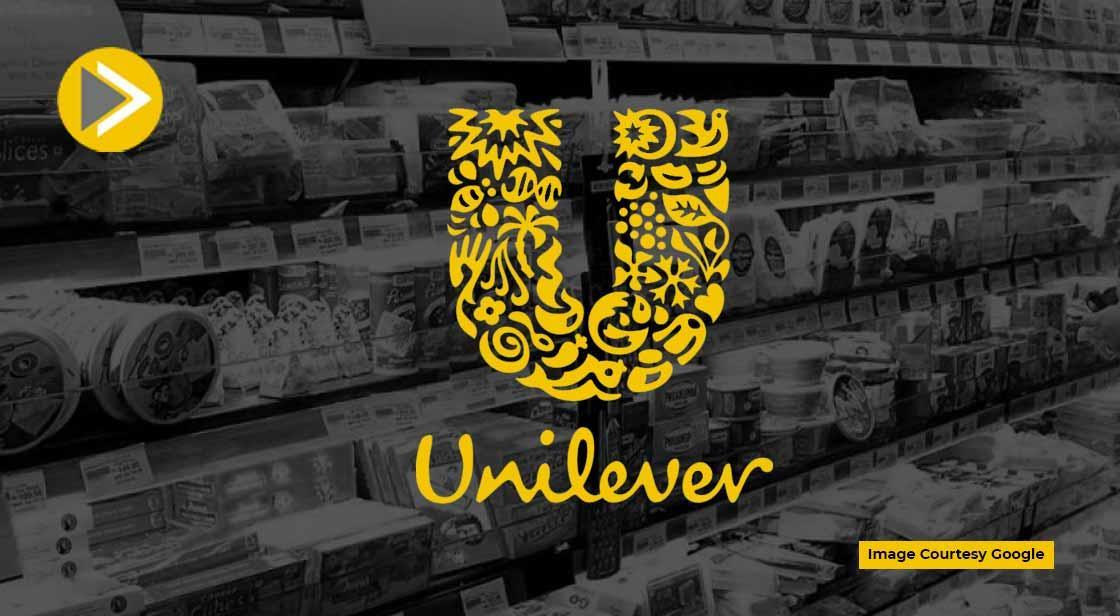Unilever Hiring Hein Schumacher, As New CEO To Replace Alan Jope

News Synopsis
A strategic move for a company that many investors believe has lost its way could be indicated by Unilever's decision to hire an external chief executive officer to replace Alan Jope.
Hein Schumacher, the company's next CEO, will have to deal with slowing growth, a bureaucratic culture, and accusations that Unilever has grown overly concerned with the purported "social purpose" of the consumer products it sells.
Allan Leighton, an experienced UK retailer who worked with Schumacher at clothes retailer C&A and described him as pragmatic and clear, said of the company: "Unilever is basically a brands business," "In my view they've sort of moved off that recently and he will bring that back." Leighton said that possibly Unilever had gone too far in emphasising the environmental, social, and governance agendas.
The 51-year-old CEO of Dutch dairy cooperative Royal FrieslandCampina is likely to restructure top management and alter how the company is set up to increase accountability among leaders and promote growth. He will have alternatives that his predecessor Jope, a lifetime employee of Unilever, had refused as an outside candidate.
It's likely that the discussion over separating the faster-growing personal care, beauty, and wellbeing businesses from food brands like Hellmann's mayonnaise and Knorr stock cubes will resurface.
Frustration among investors is understandable: Since Jope became CEO of Unilever in 2019, the company's shares have fallen 2%, whereas Procter & Gamble, its closest competitor, has increased by 55%, and Nestle has increased by 35%. A botched mega-merger attempt and investor outcry over Ben & Jerry's in Israel both made headlines.
Schumacher might switch away from Unilever's set objectives. Jope and his predecessors, Paul Polman, asserted that products for the home that have a social purpose—such as enhancing body confidence or promoting hygiene—perform better than those that don't. Investors have mocked that strategy.
Hellmann's, however, became a €2 billion ($2.2 billion) global brand, demonstrating Unilever's capacity to turn a jar of eggs, vinegar, and spices into a significant corporation, even as Terry Smith made light of the notion that mayonnaise might serve a function. However, rather than making the claim that Hellmann's reduces food waste by allowing consumers to dress up leftovers, many investors would like to see the company increase revenues.
Changes to the board of directors and perhaps the 64-year-old chairman Nils Andersen's replacement would likely follow the departure of the CEO.
Schumacher spent more than ten years working for Heinz, but more recently, he has focused on milk at a higher level of the supply chain. The €11 billion dairy cooperative FrieslandCampina consists primarily of regional brands and is unencumbered by institutional investors.
You May Like









